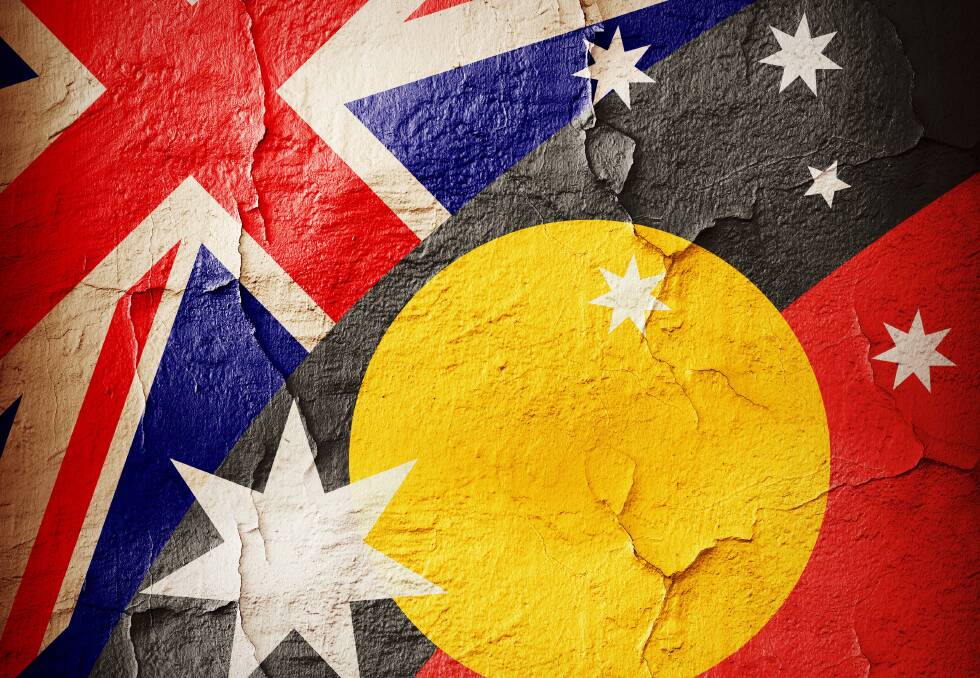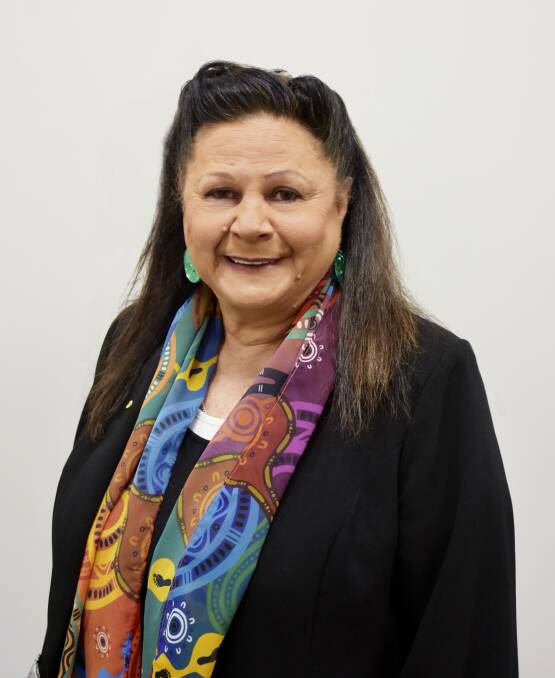
Tuesday marks Australia Day, but this day is not something Aboriginal and/or Torres Strait Islander people can celebrate.
Subscribe now for unlimited access.
or signup to continue reading
Celebrating Australia Day should be inclusive of all, but we feel excluded.
Australia's First Peoples have endured 233 years of ongoing colonial oppression where we lost lives, language, culture and kin.
The impacts of intergenerational trauma by Stolen Generations lives with us every single day.
Ongoing pain and hurt, racism and disadvantage, poverty, poorer health and wellbeing and a lack of housing.
Not to mention, we live in a world that often chooses not to see or value people of colour. I do not understand why it is so hard for people to understand why we as First Peoples of this country cannot be happy celebrating Australia Day on this day of hurt and disrespect. We need to continue to fight for a change of date.

As the state begins to emerge from COVID-19, mental health remains our greatest challenge.
Aboriginal and/or Torres Strait Islander peoples in Victoria are three times more likely to experience high or very high levels of psychological distress.
Victoria also has the second highest rate of "high to very high" levels of psychological distress in 39 per cent of young Aboriginal and/or Torres Strait Islander people (Australia Institute of Health and Welfare, 2018).
We know there is a strong link between trauma and poor mental health.
Amongst the Stolen Generations, 40 per cent of Aboriginal and/or Torres Strait Islander people aged 50 plus have poor mental health because of the trauma of removal.
This costs us on many levels. Mental health and related conditions have been estimated to be as much as 22 per cent of the health gap (Global Burden of Disease Report 2003).
The impacts of the COVID-19 pandemic make existing conditions even worse for vulnerable Aboriginal and/or Torres Strait Islander communities.
Many of these issues were here long before the pandemic.
We are hearing first-hand how hard many of our communities have been hit from the fallout from COVID-19.
While suicides did not increase last year, clusters in Victoria remain of concern.
If we do not get the right resources and support now, we will see a major fallout from this as we enter the COVID-19 recovery phase.
The Royal Commission into Victoria's Mental Health System is a ground-breaking opportunity for people with lived mental health experience, carers, families, and the mental health workforce to contribute to improving the current mental health system and creating a system that appropriately supports all people.
For the first time in history, Aboriginal leaders, elders, organisations, people, families, carers, and communities were given the opportunity to have their voices and experiences included in a redesign of Victoria's mental health system.
Balit Durn Durn was developed by the Victorian Aboriginal Community Controlled Health Organisation (VACCHO) to support the Royal Commission's Final Report, which will be tabled in the Victorian Parliament next month.
Balit Durn Durn is a report that has come from the learnings of our own peoples and explores the power of Aboriginal and/or Torres Strait Islander culture to provide five Aboriginal-led solutions that will dramatically transform Victoria's mental health system.
The proposed solutions are, by 2025, to:
- Establish five on-country healing centres (or camps) to support resilience, healing, and trauma recovery through fostering connections to country, kinship, and culture
- Ensure long-term, sustainable, and flexible investment in Aboriginal social and emotional wellbeing to create generational change
- Invest in recurrent funding arrangements into multidisciplinary social and emotional wellbeing teams in Aboriginal Community Controlled Organisations (ACCOs) to secure long-term statewide coverage
- Critically invest in Aboriginal-led solutions to prevent suicide and self-harm
- Appropriately invest in Aboriginal leadership and culturally safe service delivery across mainstream primary, secondary and tertiary health services
With the final report just days away, VACCHO looks forward to working with our 32 ACCOs across the state so that all recommendations from the Royal Commission are implemented.
For too long our people have fallen through the cracks, and now is the time to heal - both as Aboriginal and/or Torres Strait Islander people, but also as a nation.
The success of Aboriginal-led strategies to the COVID-19 pandemic should provide a powerful incentive for Australian governments to ramp up their commitments to put Aboriginal health in Aboriginal hands.
Jill Gallagher is a proud Gunditjmara woman and chief executive of the Victorian Aboriginal Community Controlled Health Organisation (VACCHO).

